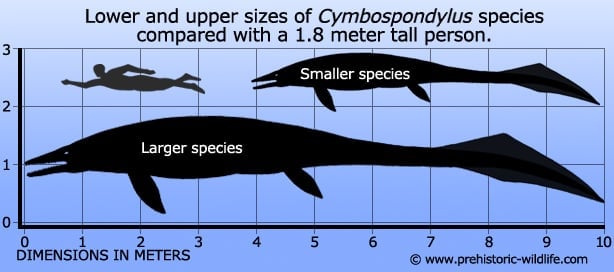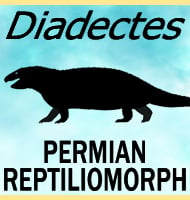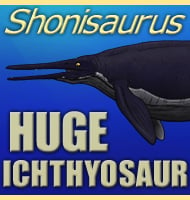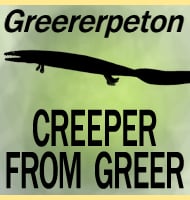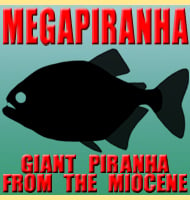In Depth
Not only was Cymbospondylus one of earliest ichthyosaurs named, it was also one of the first to swim in the Triassic oceans. Cymbospondylus is an example of the primitive ichthyosaurs that were yet to evolve dorsal fins and developed tail flukes which left it with a long body, half of which was tail. The jaws of Cymbospondylus were filled with teeth that were actually very small when compared to some other early ichthyosaurs, something that suggests that despite its large size Cymbospondylus would have relied more upon smaller and softer prey like fish and cephalopods such as squid.
There has been some contention as to whether Cymbospondylus is an ichthyosaur or not because of the lack of a dorsal fin and a tail fluke. However this is not all that different to other early ichthyosaurs such as Utatsusaurus, the earliest known ichthyosaur which does not have any of these features either. Cymbospondylus also bears a resemblance to the later Shastasaurus that lived towards the end of the Triassic, a particularly large ichthyosaur that had toothless jaws.
Further Reading
– Notice of some reptilian remains from Nevada. – Proceedings of the Academy of Natural Sciences of Philadelphia 109:177-178 – J. Leidy – 1868. – The large ichthyosaur Cymbospondylus buchseri, sp. nov. from the Middle Triassic of Monte San Giorgio (Switzerland), with a survey of the genus in Europe – Journal of Vertebrate Paleontology 9(2):163-173 – P. M. Sander – 1989. – A new species of Cymbospondylus (Diapsida, Ichthyosauria) from the Middle Triassic of Nevada and a re-evaluation of the skull osteology of the genus. – Zoological Journal of the Linnean Society 147:515-538. – N. Fr�bisch, P. Sander & O. Rieppel – 2006. – A new cymbospondylid ichthyosaur (Ichthyosauria) from the Middle Triassic (Anisian) of the Augusta Mountains, Nevada, USA. – Journal of Systematic Palaeontology. Online edition (14): 1167–1191. – Nicole Klein, Lars Schmitz, Tanja Wintrich & P. Martin Sander – 2020
